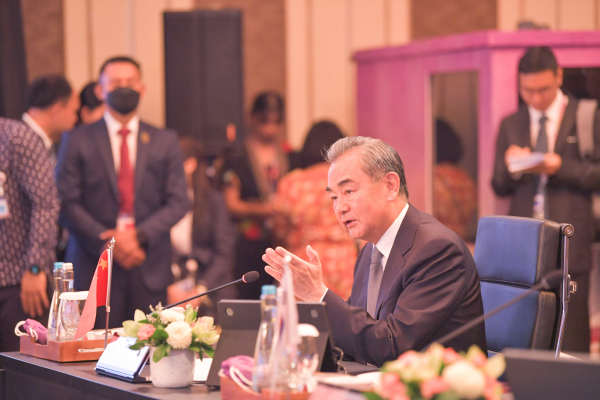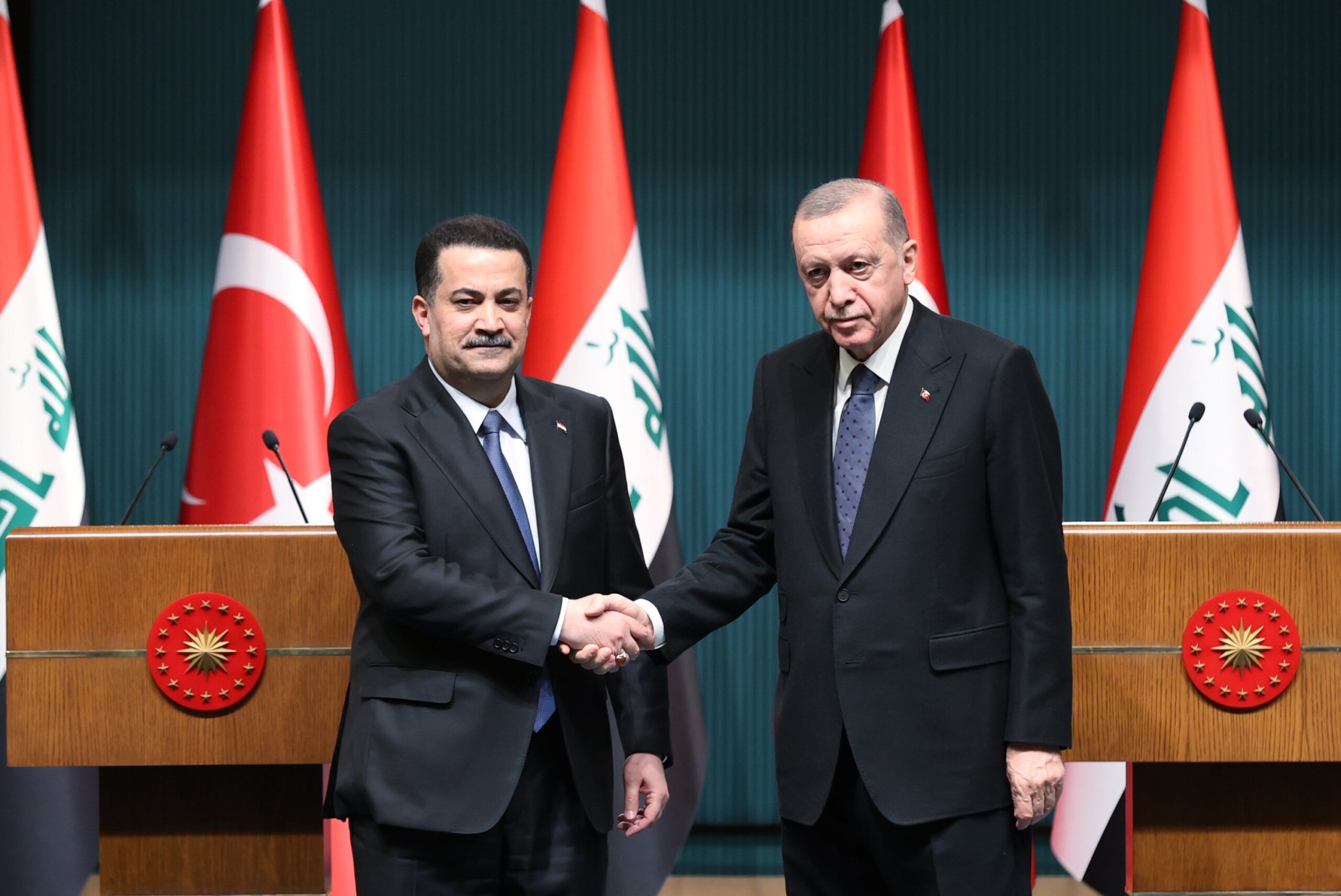During the ASEAN Plus Three (APT) Foreign Ministers’ Meeting held on Thursday, senior Chinese diplomat Wang Yi stressed the importance of openness, cooperation, and regional integration among the Association of Southeast Asian Nations (ASEAN) and East Asian countries, including China, Japan, and South Korea. Wang highlighted the APT as a mature mechanism for East Asia regional cooperation and called for strengthened collaboration to tackle common challenges.
Accelerating Regional Integration and Production Chains
Wang Yi urged the participating countries to expedite the process of regional integration, taking advantage of the recent full entry into force of the Regional Comprehensive Economic Partnership (RCEP). He specifically suggested supporting Hong Kong’s accession to RCEP as one of the first batch of members, while endorsing the establishment of a stable, efficient, and competitive regional production and supply chain system. Wang emphasized that such measures would contribute to the construction of an East Asian community and enhance regional and global economic recovery.
Strengthening Crisis Response and Food Security
Recognizing the importance of crisis response, Wang Yi emphasized the need to improve the effectiveness of mechanisms for addressing emergencies. China pledged to continue providing funds to the APT Emergency Rice Reserve mechanism and enhance the ASEAN food security information system to safeguard regional food security. Additionally, Wang raised concerns regarding the discharge of nuclear-contaminated water into the ocean by Japan, highlighting its potential impact on the marine environment and human health. He emphasized the significance of Japan not acting unilaterally in this matter.
Fostering Innovation and Sustainable Development
Wang Yi advocated for innovation and tapping into the potential of sustainable development. He affirmed China’s support for ASEAN’s statement on the development of the APT electric vehicle ecosystem and pledged to continue cooperation in poverty alleviation, village official exchanges, and rural development. Wang’s proposal aims to harness the potential of emerging industries and promote a greener and more inclusive regional economy.
The foreign ministers of Japan, South Korea, and ASEAN countries attending the APT meeting expressed their appreciation for the instrumental role played by the mechanism in facilitating the rapid recovery from the COVID-19 pandemic and fostering sustainable development. They reiterated their commitment to an open and inclusive ASEAN-centered regional cooperation framework and emphasized the importance of multilateralism in maintaining regional peace, stability, and prosperity. The ministers also agreed on the need for the APT mechanism to adapt to changing times, strengthen the APT Emergency Rice Reserve mechanism, promote the Chiang Mai Initiative Multilateralisation Agreement, and ensure the high-quality implementation of RCEP. Furthermore, they emphasized the importance of creating new growth areas such as the digital economy, innovation and technology, energy transformation, and electric vehicles to enhance regional connectivity, resilience, and position ASEAN as a global growth center.
















